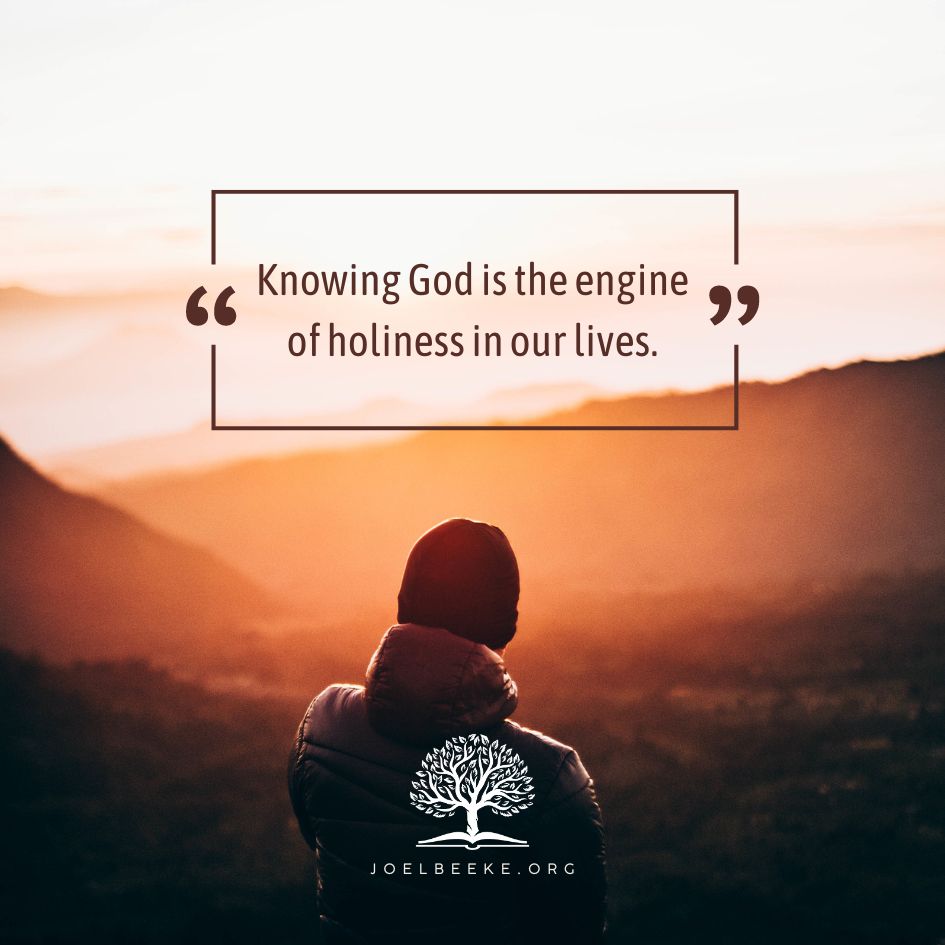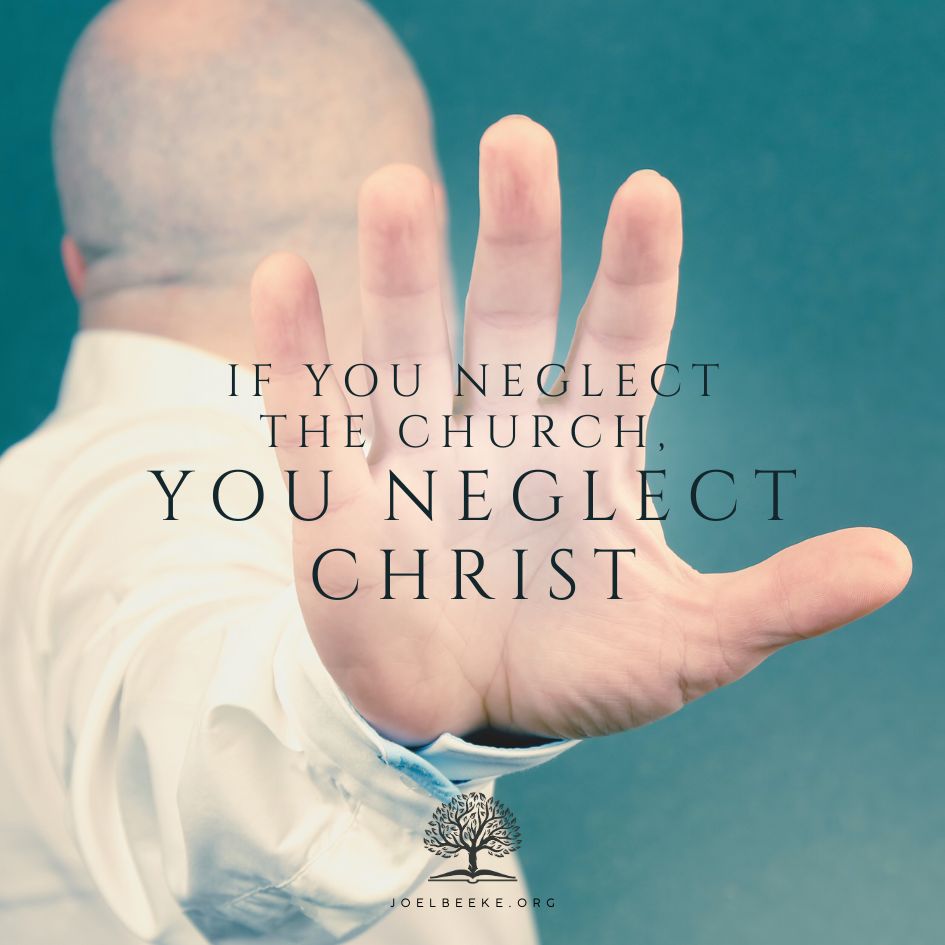
Knowing God and making Him known are the heartbeat of what it means to be human. Calvin asks in his catechism, “What is the chief end of human life?” He answers, “To know God.”1Phillip Schaff, Creeds of Christendom (New York: Harper & Brothers, 1877), 1:470. There are several reasons the knowledge of God is central and supreme for all human life.
First, knowing God is your highest privilege. We often think that if we achieve “wisdom,” “might,” or “riches,” then our life has meaning and
worth. But God declares that these “boasts” and privileges are not worth our esteem: “But let him that glorieth glory in this, that he understandeth and knoweth me” (Jer. 9:23–24). Many wise, mighty, and wealthy people on their deathbeds arrive at the same conclusion as the Preacher, “I have seen all the works that are done under the sun; and, behold, all is vanity and vexation of spirit” (Eccl. 1:14). Elevating other pursuits above God in our lives fills our hearts with worldliness, which diminishes our souls and makes us petty. But by learning, experiencing, and rejoicing in the knowledge of God, we receive the greatest of blessings and God receives the highest glory. We were created for the greatest of gifts: knowing God.
Second, knowing God is the heart of the covenant and the essence of eternal life. Our idolatry, sin, and false worship are linked to our ignorance of God: “They know not me, saith the LORD”; “there is no truth, nor mercy, nor knowledge of God in the land” (Jer. 9:3; Hos. 4:1). But in His grace God announces, “Behold, the days come, saith the LORD, that I will make a new covenant with the house of Israel”—which will bring the blessing of the knowledge of God: “they shall all know me, from the least of them unto the greatest of them” (Jer. 31:31–34). Such knowledge stems from the gift of a new heart—a “heart to know me, that I am the LORD: and they shall be my people, and I will be their God” (Jer. 24:7). Since knowledge of God is a gift of the “everlasting covenant” (Jer. 32:40), Jesus can then say, “and this is life eternal, that they might know thee the only true God, and Jesus Christ, whom thou hast sent” (John 17:3). Your eternal communion with God is based on the true knowledge of God.
Third, knowing God is the engine of holiness in our lives. When we forsake the knowledge of God, our hearts become foolish and darkened, since we “changed the truth of God into a lie, and worshipped and served the creature more than the Creator, who is blessed for ever” (Rom. 1:21– 25). Ignorance of God plunges us into idolatry, which fuels injustice and immorality in our lives (1 Thess. 4:5; Hos. 4:1–2). Often, the turning point in our times of spiritual decline is a fresh view of God (see Job 42:1–6). The growth that God gives us in “grace and peace” and “all things that pertain to life and godliness” comes “through the knowledge of God, and of Jesus our Lord…of him that hath called us to glory and virtue” (2 Pet. 1:2–3). False ideas about God lead to shallow spirituality that mimics the world, but true knowledge of God—brought to us by God’s “exceeding great and precious promises”—produces deep, meaningful, and Spirit-empowered godliness (2 Pet. 1:4).
Excerpt from
None Else: 31 Meditations on God’s Character and Attributes
Joel R. Beeke and Brian Cosby







